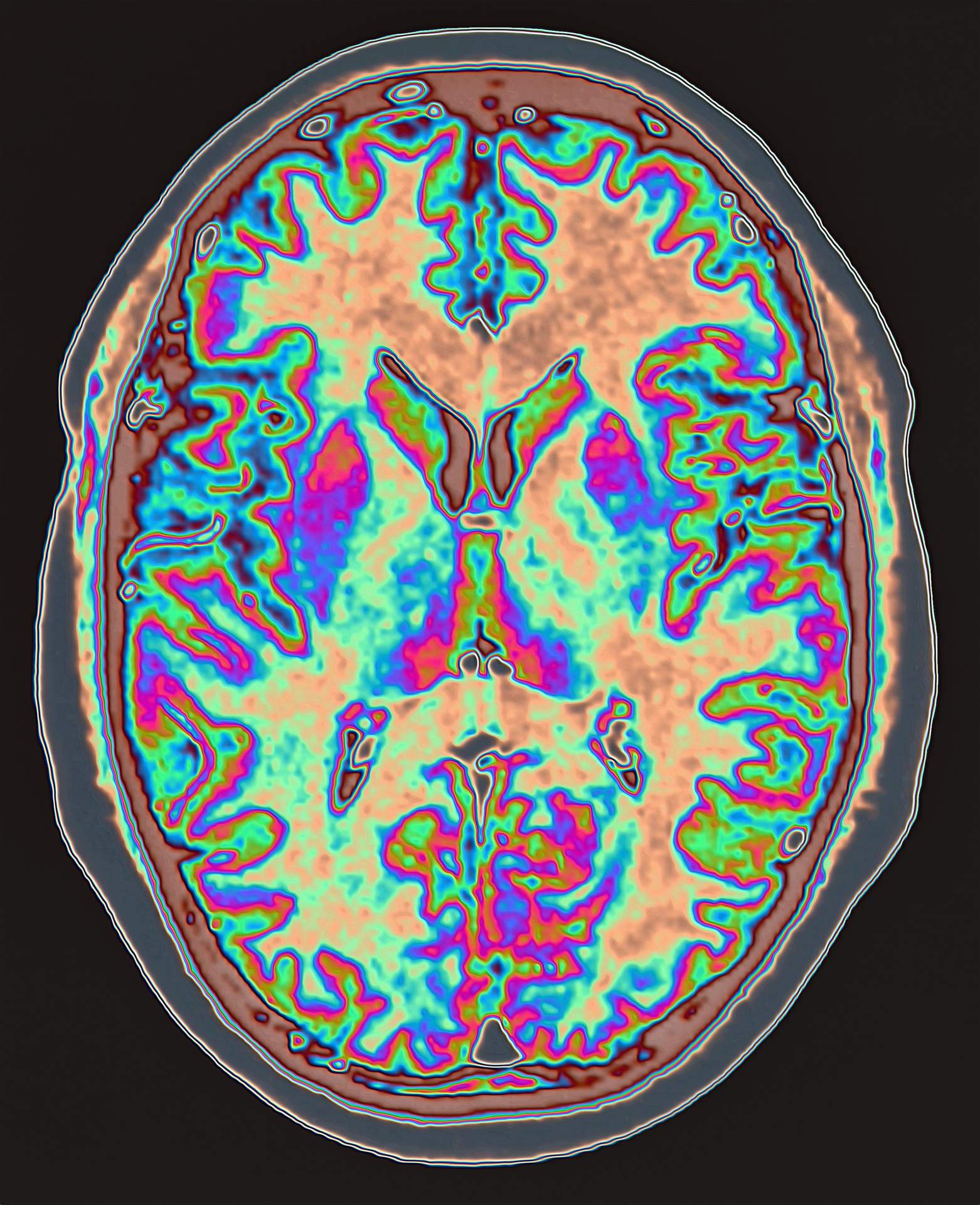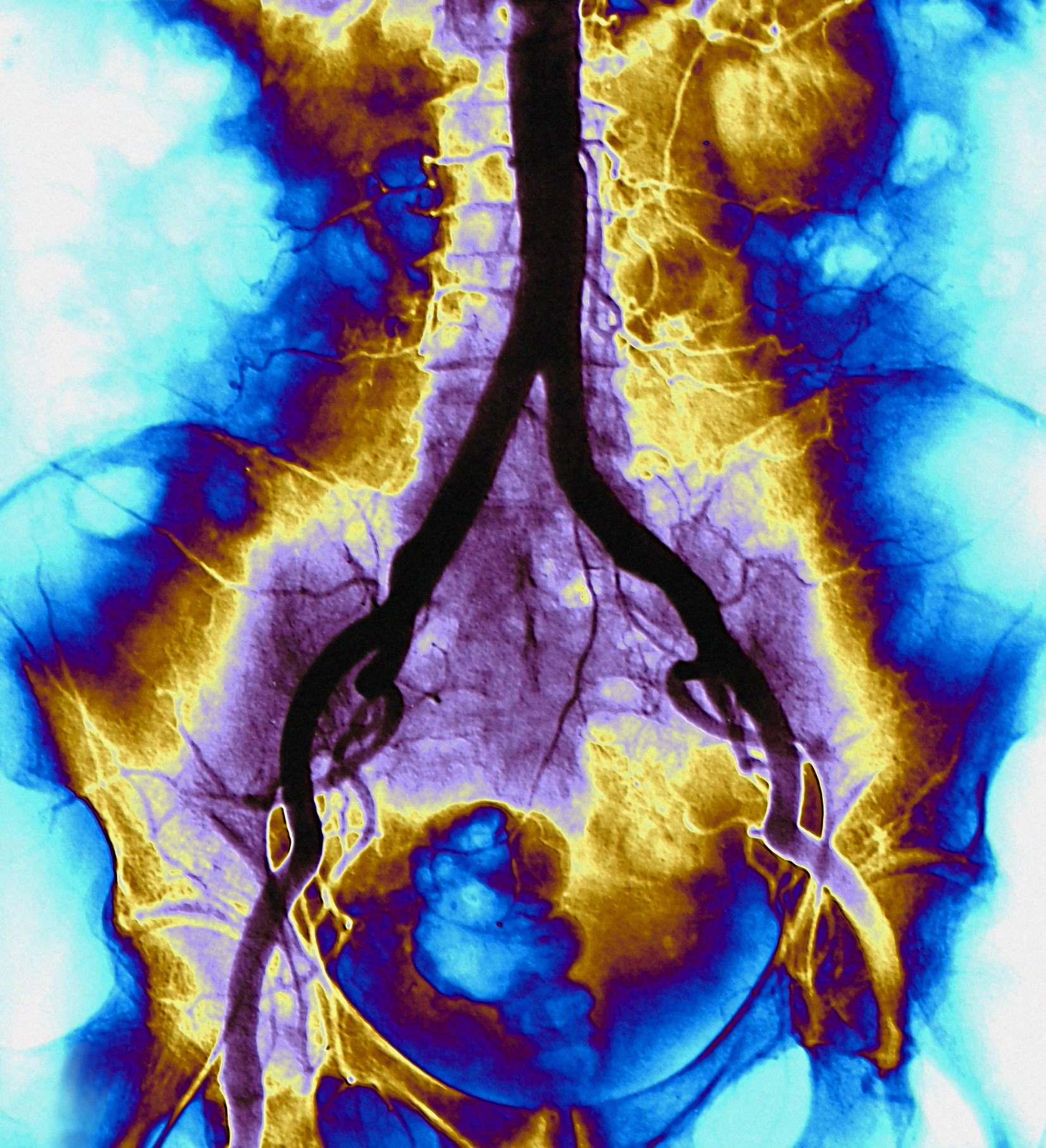The Autonomic Nervous System
The autonomic nervous system controls involuntary processes in the body. Meaning you don't control it. It reacts or responds based on what is happening around you and to you.
Sympathetic Nervous System
- Fight, Flight Fawn, Freeze
- Increases heart rate
- Constricts blood vessels/raises blood pressure
- Feelings of being at-risk, in danger, threatened
- Survival instincts
- Reactive
- Ruled by the most ancient, primal part of the brain: Limbic System
- Slows digestion and reproductive system
Parasympathetic Nervous System
- Relaxation response
- Decreases heart rate
- Lowers blood pressure
- Conserves/restores body function: Returns to Homeostasis
- Feels of safety/security
- Responsive
- Ruled by the pre-frontal cortex
- Rational thinking/Decision making
Pre-Frontal Cortex
- Organization/Planning
- Social Behaviors
- Memory/Attention
- Speech/Language: Translating Thought Into Word
- Reward seeking behaviors/motivation
Understanding the Frontal Lobe
Stress floods the pre-frontal cortex with cortisol when under stress. This often why people do no remember details of an event.
The frontal lobe of the brain is in charge of executive functioning which includes organization/planning. When flooded with stress chemicals, it does not work as efficiently.
Part of the executive functioning of the frontal lobe is to help us translate our thoughts into words formed when speaking. When this area is flooded with stress chemicals, the frontal lobe has to work that much harder to achieve this.
Reactive vs. Responsive
The parasympathetic nervous system represents relaxed, normal functioning of the body, also known as homeostasis.
Meditation is a choice that activates the parasympathetic, triggering release of the positive, feel good chemicals we associate with safety, security, being in love, peace, compassion for ourselves/others, and being able to think rationally and calmly about how we feel about something. It teaches us to be an observer to our experiences without being reactive to them.


